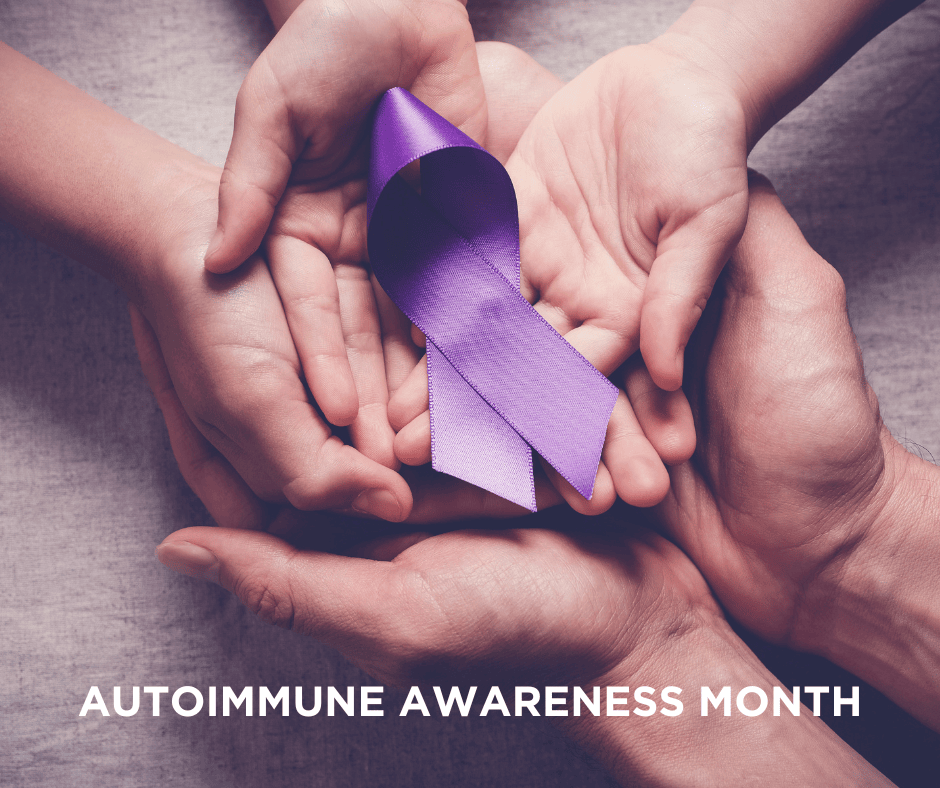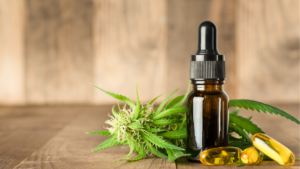Autoimmune diseases present a significant challenge to public health, affecting millions worldwide. In the United States alone, it’s estimated that autoimmune diseases impact approximately 10 million people, accounting for about 3% of the population. Globally, the issue is even more pronounced, with a rising trend in autoimmunity, especially among specific demographics, including adults 50 years and older and adolescents. This rise is concerning and suggests an urgent need for awareness and understanding.
The Impact of Autoimmune Diseases Globally and in the U.S.
Autoimmune diseases occur when the body’s immune system mistakenly attacks its own cells, leading to a variety of illnesses. The prevalence of these diseases is increasing, indicating a growing public health concern. The rise in autoimmunity, particularly in the United States, signals a potential increase in future autoimmune diseases, underscoring the importance of Autoimmune Awareness Month as a critical time for education and advocacy.
Spotlight on Skin-Related Autoimmune Diseases
Several autoimmune diseases specifically affect the skin, each with unique symptoms and challenges:
- Psoriasis causes rapid skin cell multiplication, resulting in scales and red patches that can be painful and itchy.
- Lupus can lead to a distinctive rash on the face, known as a butterfly rash, among other systemic symptoms.
- Dermatomyositis involves muscle weakness and a distinct skin rash, affecting both the skin and muscle tissues.
- Vitiligo leads to the loss of skin pigment in patches, affecting the skin’s appearance.
- Scleroderma results in skin hardening and tightening, impacting mobility and skin texture.
Cannabis and Autoimmune Diseases: Managing Symptoms
Cannabis has emerged as a potential ally in managing symptoms of autoimmune diseases, including those affecting the skin. Its properties can help alleviate inflammation, pain, and discomfort associated with various autoimmune conditions.
A 2019 published study tested the effectiveness of CBD-enriched ointment in inflammatory skin conditions that result in scars. Among those in the study, individuals reported suffering from dermatitis, psoriasis, and acne. After a period of three months, the evaluated skin parameters were significantly improved in all 20 volunteers and none reported any worsening. Specifically, the hydration markers increased by nearly 7%. This study concluded by saying that “topical administration of CBD ointment is a safe and effective non invasive alternative for improving the quality of life in patients with some skin disorders, especially on inflammatory background” (Palmieri, et al.).
Additionally, cannabigerol (CBG) has powerful anti-inflammatory and antibacterial properties that may add benefit to our skin health. Cannabis products offer a promising avenue for symptom management, but with the caveat of professional guidance. If you’re looking for support on how cannabis could help your autoimmune disease, get connected to one of our Care Team specialists.
Following Realm of Caring on social media (Instagram or Facebook) during Autoimmune Awareness Month can provide valuable insights and foster a supportive community for those affected.





